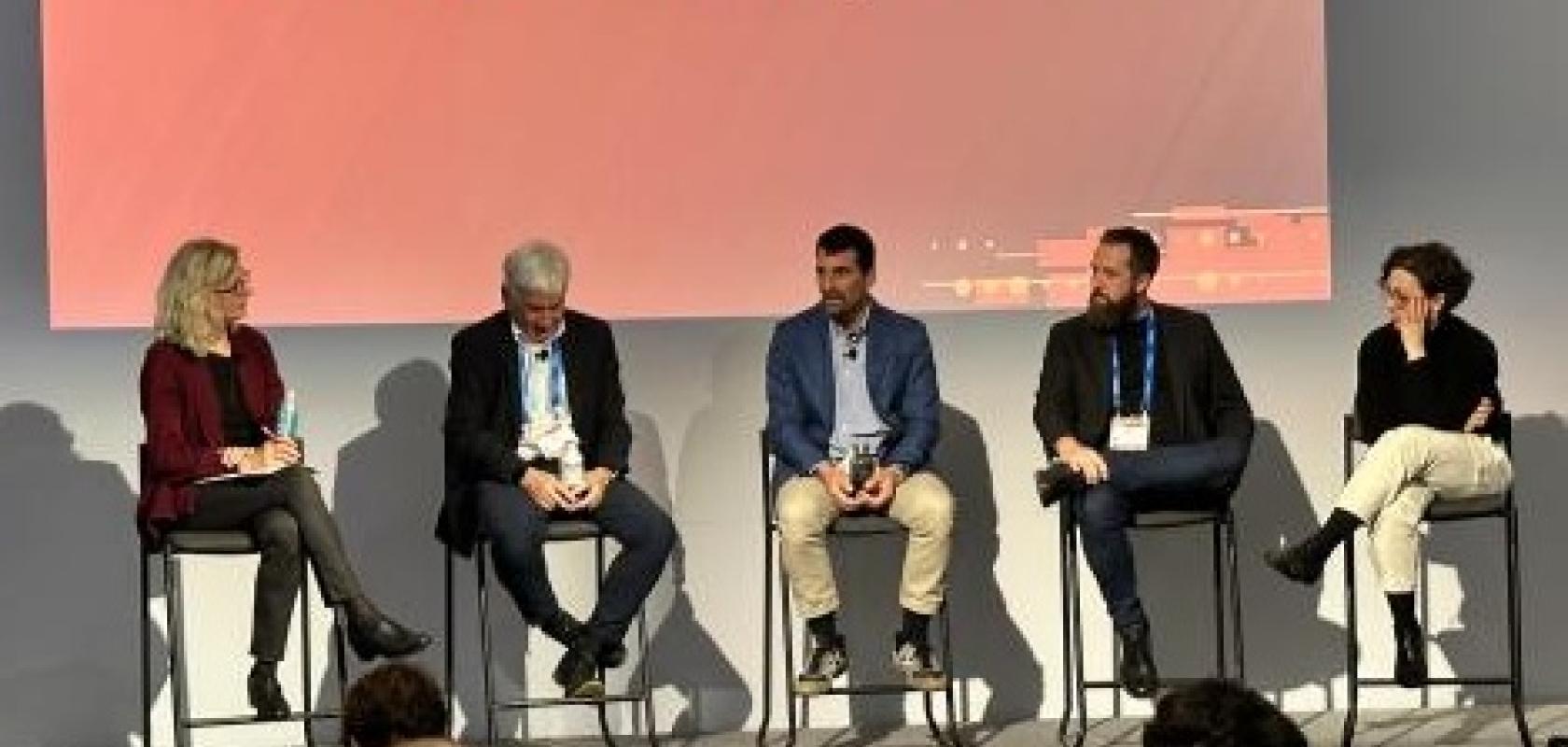Startups are the lifeblood of the healthcare sector, but must navigate a complex landscape of prototyping, partnerships, funding and regulation. Here is expert perspective from four founders and investors at BIOS Expo at Photonics West on how they have improved outcomes for their businesses and how it can help yours.
Why are startups in the healthcare sector so important?
Bill Hyun, Venture Partner, Genoa Ventures: 2020 was a game changer for every one of us. The world shifted and we had to pull every technology [evident at BIOS Expo and Photonics West] together to see how we could do anything better, faster and more remotely. Technology acceptance has been terrific in the past year.
Ryan Shelton, Co-Founder and CEO, Photonicare: Healthcare is not sustainable as it is. There is an increasing focus on prevention – reaching people earlier and how we empower people on the frontline with better technology. Alongside remote diagnosis, we know early treatment is also often the cheapest form of treatment.
What market challenges remain?
Rachel Kuperman, Founder and CEO, Eysz: The whole goal of medical data is to have a joined-up conversation with the patient that builds on their lived experience. The sharing of information is often impeded by the lack of shared goals.
Bill Hyun: Data is critical for Artificial Intelligence (AI). We’re seeing a lot of institutionalised AI now, how will the regulatory authorities deal with this?
Francesco Tantussi, Scientific Advisor, Foresee Biosystems: Modern tools should measure multiple parameters. Correlations and cross-correlations are extremely important.
Rachel Kuperman: The goal of any technology in medicine is to improve patient outcomes, but new technology has to fit into doctors’ workflows, so finding the sweet spot between critical need, regulatory and reimbursement contexts is critical.
What experience of funding issues can you share?
Bill Hyun: The first company I started was in the late 1980s and it was spun out of a university and I stayed there. This first company was sold and I just thought I would form one company each year and then just sell it…. the next three [experiences] were not like that! The rollercoaster ride takes focus and there are highs and lows. Now, when searching around for new opportunities, I look for curiosity, focus and vision.
Ryan Shelton: As a first-time entrepreneur coming from academia, I’d say it’s been a challenge but not impossible. We have a nice mix of investors, including VCs and a healthcare provider. My advice would be to get a nice mix of funding if you can.
Rachel Kuperman: In my experience, investors want to spend a lot on commercialisation and not the research and development. Some things don’t take a lot to de-risk. Go through your chart and de-risk each step and stage as much as you can. You also have to generate the evidence to support your claims, but don’t forget to show how doctors will get paid to use [your product or technology]. You have to talk to doctors as part of your development.
Ryan Shelton: You have to identify the early adopters – they will help you open up the rest of the market.
Bill Hyun: There is a lot of money out there, but that money recognises its worth, so VCs are being more aggressive about how much of a company or startup they want. If you don’t want to do that, you have to look at alternatives such as foundation funds.
How do you secure the best talent to help you?
Rachel Kuperman: You really have to talk to lots of people – business is all about who you know. I’ve found business more collaborative than medicine.
Bill Hyun: When you are looking for technology talent, knowing this market is critical. You simply have to network.


